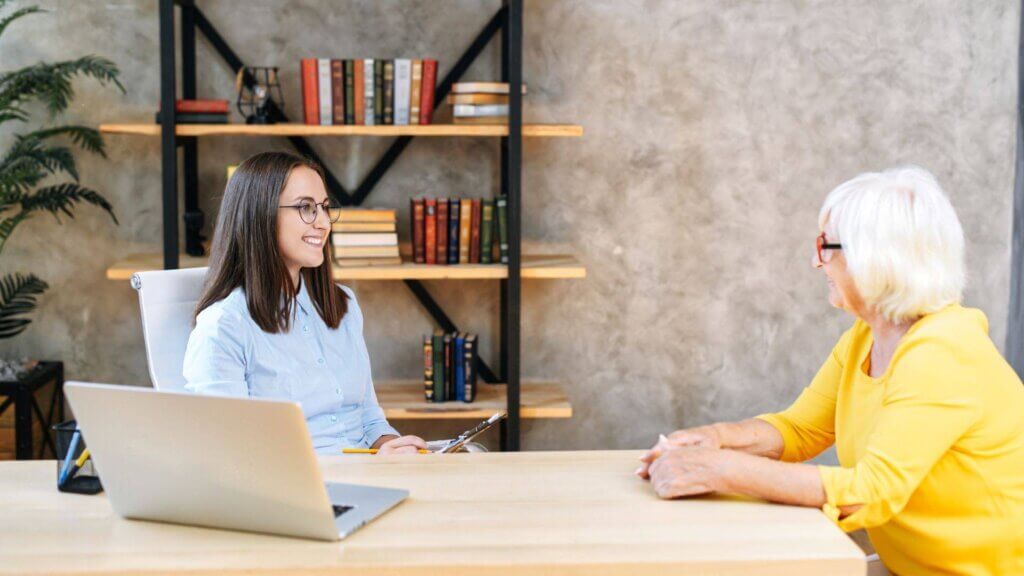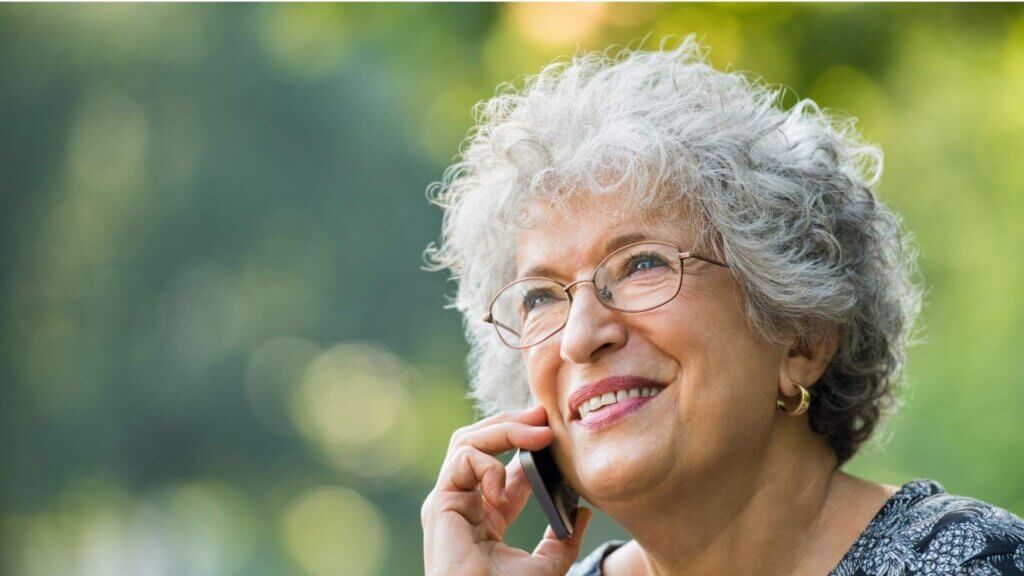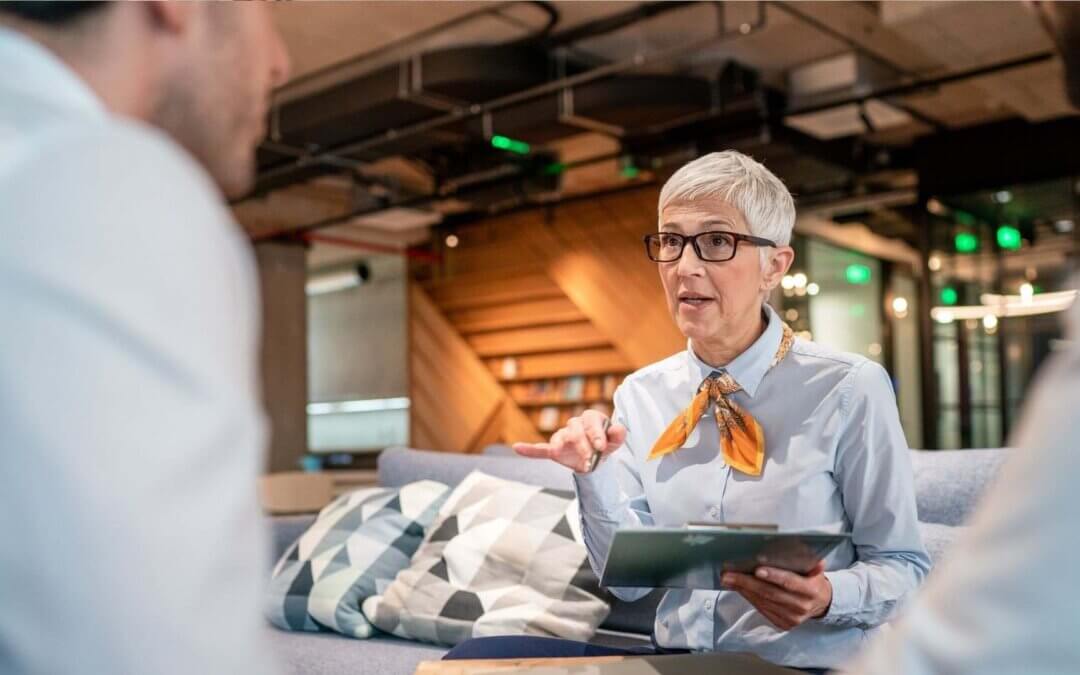Our inclusion research needs you: You can now take part in interviews (phone, or Zoom) and also take unconscious bias tests online.
- How does my business become more equally open to all ages and abilities?
- What’s my honest reflection on employing older workers?
- Have I ever included over 50s on my staff, or never considered it an option?
- What could help me employ a diverse range of people, with different health needs?
- When I look for a job, am I getting fair opportunity?
These are the reflections and questions that you’d discover where you stand on, if you took part in one of the two pieces of Inclusivity Project research that are currently seeking participants.
You’d take stock of where you’re at with regard to inclusion and diversity – both personally and as a business – and you’d be helping The Inclusivity Project gather data that’s crucial to our University of Exeter research and the evidence base around workplace inclusion in Cornwall and Isles of Scilly.
Let’s take a look at the two projects, and how YOU could use them to progress your own diversity and inclusion position.
Unconscious bias research – you can take an unconscious bias test online today, for free!

Dr Daniel Derbyshire, from University of Exeter, is studying bias in relation to older (50+) workers, and disabled people. That’s because Cornwall and Isles of Scilly have a population that’s ageing faster than urban areas in Britain.
Simply put, in Cornwall, a greater proportion of people who want to keep working are over 50, compared to say London or Manchester.
So in our region we need to learn how to accommodate more older workers into our workforce – and that learning will help other regions as their populations age, (all of Britain’s population is ageing, it’s just happening earlier in Cornwall).
We’d like to know how employers feel about older workers, and employees who might have (or develop on the job) a disability or long-term health condition.
Now, we could just ask people outright – How do you feel about employing older people? Are you open to employing people with disabilities? Would you keep someone on, even if they told you they had a long-term health condition?
But sometimes, even though we answer honestly, how we say we feel about a group of people isn’t the full story.
It’s not because we deliberately hide our bias. It’s because we have attitudes towards people that have been conditioned by our life experience and culture, which affects our unconscious feelings about people. Even WE don’t know we lean certain ways.
This is called ‘unconscious bias’and this video explains it perfectly.
That’s why it’s extremely important, if you want to be more fair in how you advertise, interview, hire, promote, retain and fairly retire people, that you find out your own bias. Then you can come up with strategies to work around it.
Dr Daniel Derbyshire explains it here:
So, what are you waiting for? Get involved!!
System dynamics – reflect on your experience (or lack of it) of employing people aged 55+ in your workforce. Or, if you’re looking for work, tell Dr Esmaeil Khedmati-Morasae what you think your chances are like right now.

Here in Cornwall, it’s easy to feel like our hiring decisions are all based on who you know, or on word of mouth.
What we don’t always consider, is how the bigger picture – the system – influences our decision-making.
We might not feel like we have any influence on policy, or that government decisions have much to do with how we create our team of employees, until we think about it a bit more deeply.
- Would you hire people from an older age bracket if you felt more confident in supporting their health?
- If there were financial incentives?
- Do you know about the government money for adaptations around disabled people in the workplace?
- What would Cornwall be like if there were better internet connectivity?
- Or better public transport, so people could get to work?
Many aspects of our world around us have knock-on effects on the way we make decisions.
That’s what Dr Khedmati-Morasae is studying, and trying to discover which policy changes, benefits and subsidies, or other interventions could have the knock-on effect of making it easier for small businesses to employ people who are older, or who have a disability or long-term health condition.
He’d like to talk to small business owners, or people in the 55+ age group who’d like to work.
Schedule a call with him, and get your voice heard right up to the level of policy.


Recent Comments